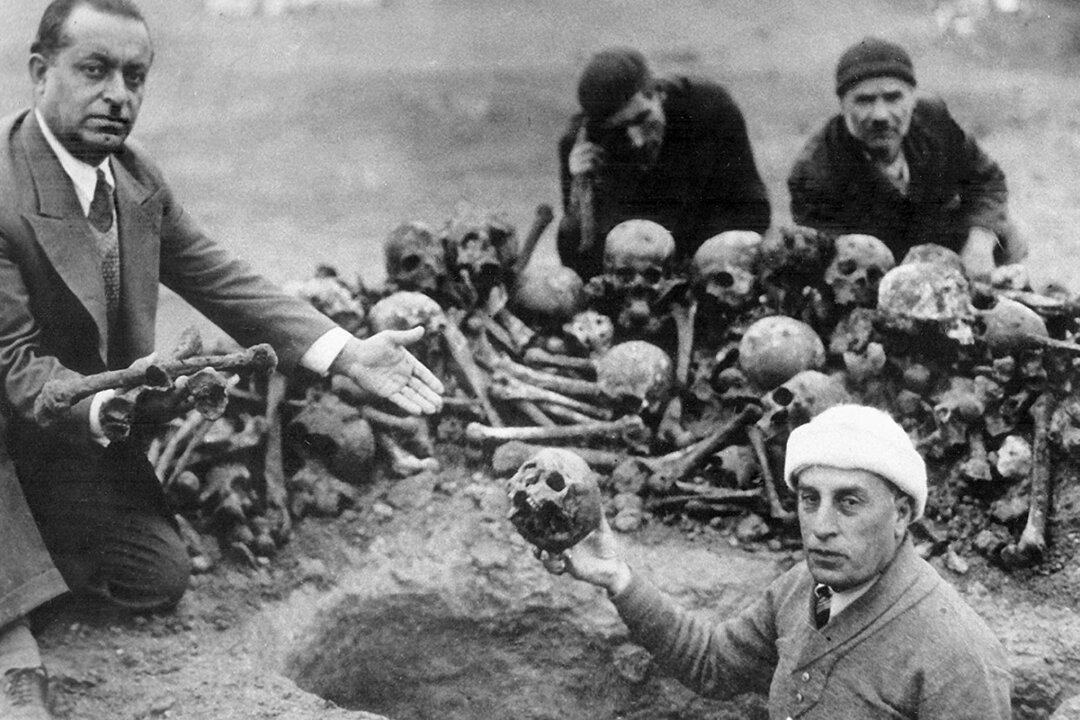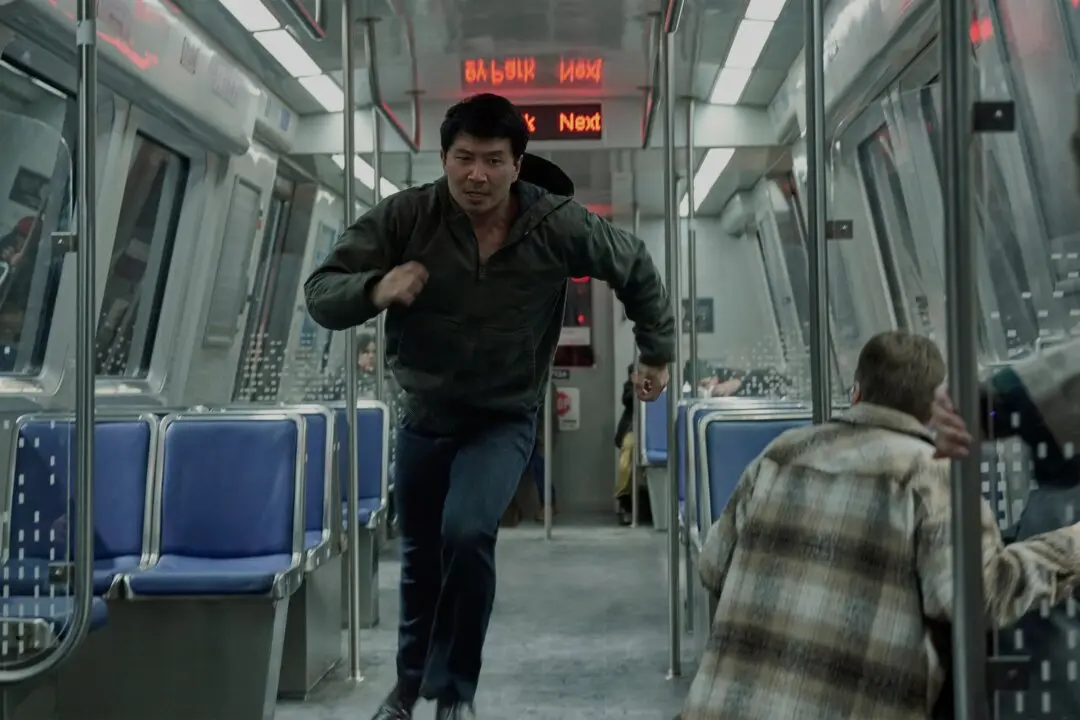The Armenian Genocide did not suddenly happen. The Ottoman Empire orchestrated the mass murder of hundreds of thousands of Armenians in the Hamidian Massacres of 1894–1896. Carried out without the obscuring benefit of the fog of war, it was essentially an early rehearsal for the genocide conducted by the Young Turks government in 1915.
For years, the Turkish government pressured Hollywood to conform to their redacted view of history, but thanks to the financial support of Kirk Kerkorian, Terry George’s “The Promise” was produced and recently released nationwide. Joe Berlinger documents the behind-the-scenes making of “The Promise” as well as the ugly business of genocide denial in “Intent to Destroy,” which open Nov. 10.





